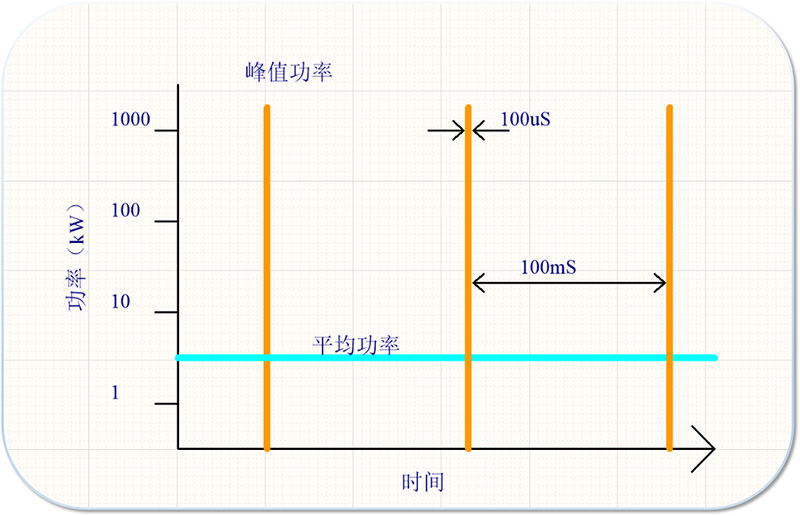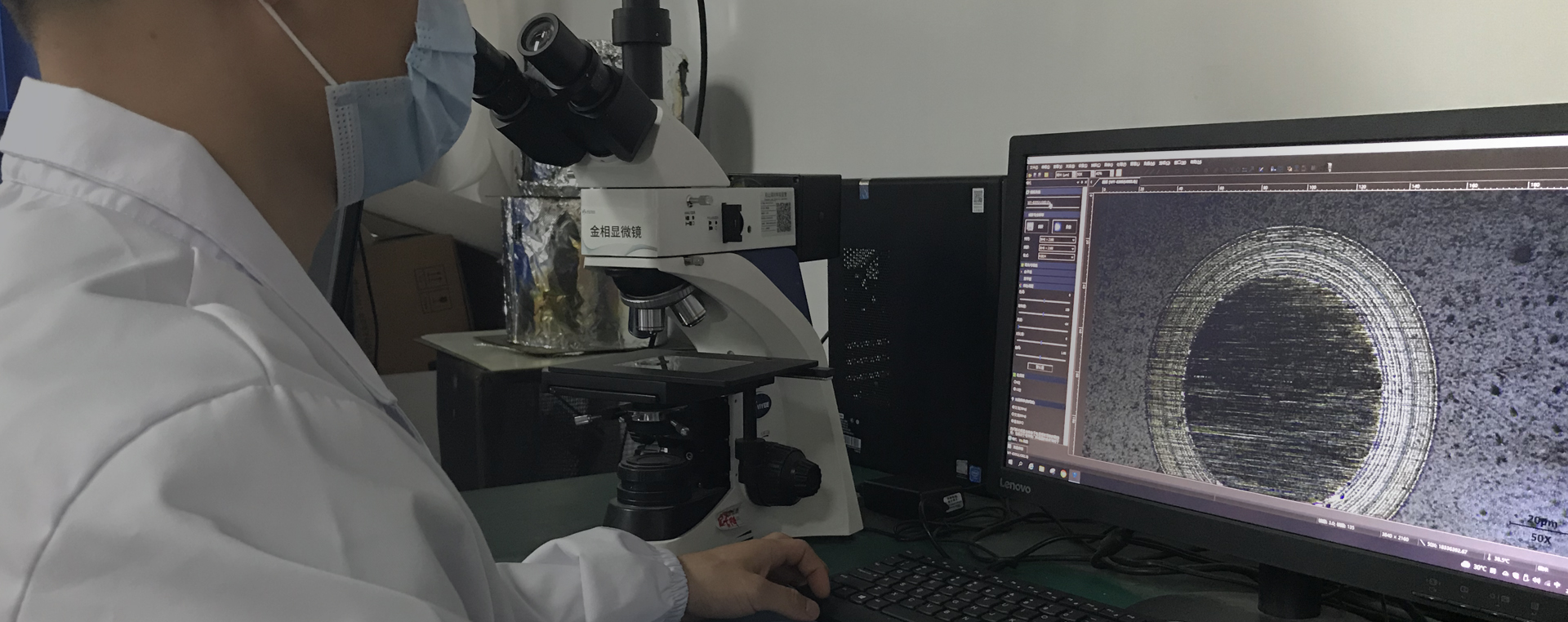What is the process flow of vacuum coating
Vacuum coating process flow
Vacuum coating is a technology that forms a thin film on the surface of a material,and the main process includes the following key steps.
1、Pre plating treatment
clean
Firstly,the base material needs to be cleaned.This is because any impurities on the substrate surface,such as oil stains,dust,oxides,etc.,can affect the quality of the coating.For example,when coating optical lenses,if there is oil stains on the surface of the lens,it can cause a decrease in the adhesion of the coating and result in the detachment of the film layer.The cleaning method includes soaking in organic solvents such as acetone or ethanol to remove oil stains,and then rinsing with deionized water to remove residual solvents and other water-soluble impurities.
dry
The cleaned substrate material needs to be dried,usually in a vacuum drying oven or naturally air dried in a clean environment.It is important to ensure that the substrate is completely dry,as the presence of moisture in a vacuum environment may affect the purity and uniformity of the coating.

2、Furnace installation and vacuuming
Furnace loading
Place the processed substrate material in the appropriate position of the vacuum coating equipment,such as adjusting the relative position between the evaporation source and the substrate according to the characteristics of the coating material and the coating requirements.For large-area substrate coating,it is necessary to ensure that the substrate is within the effective coverage range of the evaporation source to achieve uniform coating.
Vacuum pumping
After closing the vacuum chamber,turn on the vacuum pump to reduce the pressure inside the vacuum chamber to the appropriate vacuum level.Generally speaking,according to different coating processes,the vacuum degree requirement is between 10⁻³-10⁻⁶Pa.This process is to eliminate air and other impurity gases,because in a high vacuum environment,the evaporation and deposition process of coating materials can be carried out more cleanly and uniformly.
3、Coating process
Heating of evaporation source
Select appropriate evaporation sources based on the properties of the coating material,such as resistance evaporation sources,electron beam evaporation sources,etc.Taking a resistive evaporation source as an example,when current passes through the evaporation source material,heat is generated,causing the coating material(such as aluminum metal)to gradually melt and evaporate.The evaporated coating material atoms or molecules will move in a straight line towards the surface of the substrate material in a vacuum environment.
Deposition coating
The evaporated material deposits on the substrate surface,forming a thin film.During the sedimentation process,it is necessary to control the power of the evaporation source,coating time,and other parameters to control the thickness and quality of the film layer.For example,in the preparation of anti reflective films for solar panels,controlling the thickness of the film layer is crucial for improving the photovoltaic conversion efficiency of the panel.
4、Post plating treatment
cooling
After the coating is completed,allow the substrate material to cool naturally in a vacuum chamber or cool through an appropriate cooling device.This is to prevent deformation of the film layer at high temperatures or thermal stress with the substrate material,which may cause cracking of the film layer.
quality testing
Conduct quality inspection on the coated products,including checking the thickness,uniformity,adhesion,optical performance,etc.of the film layer.The commonly used detection methods include optical microscope observation,ellipsometer measurement of film thickness,scratch test to detect adhesion,etc.Only products that have passed quality inspection can proceed to the next production stage or be delivered for use.
 0769-81001639
0769-81001639
